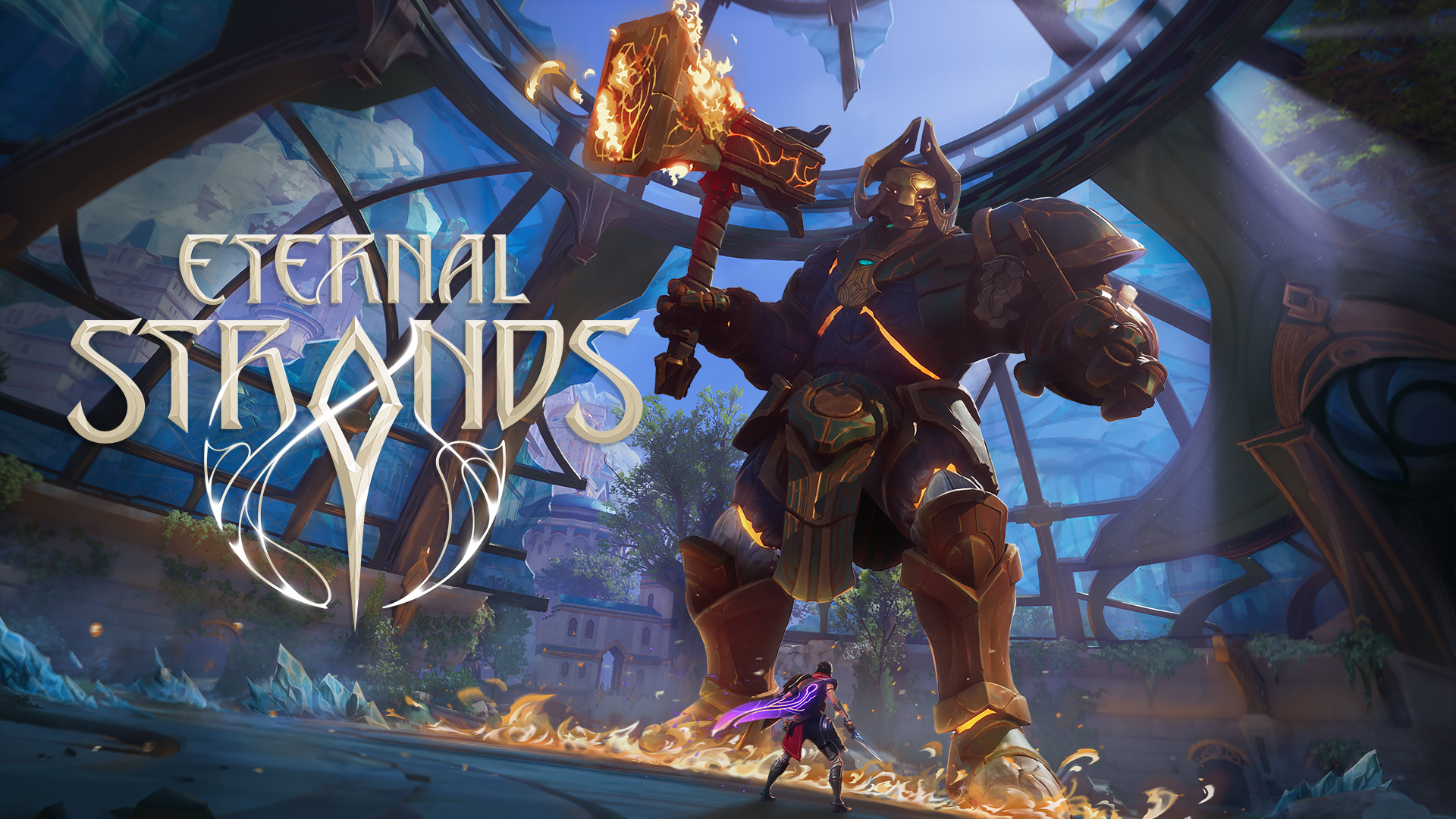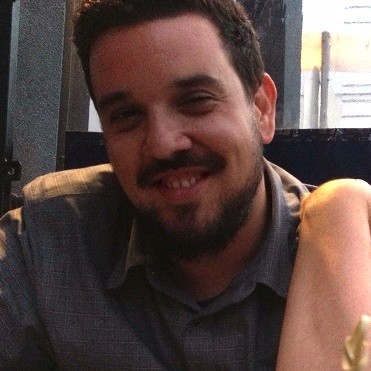From AAA to Indie: Yellow Brick Games’ Mike Laidlaw on Making the Game Dev Transition
The veteran game developer breaking down the benefits and challenges of founding a studio and adapting to a new scale of development.

Mike Laidlaw, a veteran game developer known for his work at BioWare on titles like Dragon Age, Mass Effect, and Jade Empire, is well into a new chapter in his career helping to lead an indie game studio. After 15 years at BioWare and a stint at Ubisoft, Laidlaw co-founded Yellow Brick Games, where he's rediscovering the joys of smaller team dynamics and hands-on game creation. Yellow Brick's debut project is the ID@Xbox title Eternal Strands, an intriguing action adventure that aims to enthrall players with a bold and liberating execution of systems-driven gameplay. We caught up with Laidlaw to talk about his career transition, the challenges of founding a studio and adapting to a new scale of development, and to pick his brain for guidance aimed at devs looking to do the same.
From BioWare to Yellow Brick Games: A New Chapter
Laidlaw's departure from BioWare came at a time of transition for the studio. "After Inquisition had completely wrapped, and there was a lot of transitional stuff happening at BioWare, it felt like if there was ever going to be a time for me to leave without impacting a bunch of people, this was it," he explains.
With 15 years under his belt and a desire to broaden his industry experience, Laidlaw took the plunge into consultancy. During this period, he worked with various companies, including Ubisoft and King. His journeys post-BioWare rekindled his appreciation for smaller team dynamics. "What I realized was that the times when I felt like things were really cooking were often during the development of DLCs," he recalls. "DLCs are interesting because they come with two sides. First, there's a pretty firm understanding of what can and can't be done within the engine—since you've already shipped the game, you know what assets you have to work with."

The advantages, he found, are substantial: "That creates a kind of easy intimacy, where you know who's working on what." It was this desire for the closer collaboration and clearer communication inherent to smaller team dynamics that led Laidlaw to co-found Yellow Brick Games.
The Indie Experience: Challenges and Opportunities
At Yellow Brick Games, Laidlaw has assembled a team that combines veteran experience with fresh talent. "The majority of people are veterans," he notes, emphasizing the importance of having team members who understand the challenges of game development, from creative processes to technical hurdles like console certification.
The smaller scale of the studio allows for a level of familiarity and collaboration that Laidlaw finds invigorating. "I know who owns which levels, who's working on which plotlines," he says. "You don’t end up in that space where the team feels like a concept rather than a group of individuals. I’m working with specific people, not just 'the team.'"
That said, the move to indie development hasn't been without its challenges. Laidlaw speaks of the need to "unlearn" certain habits from his AAA days. "You can't just say, 'Well, it'll be fine if we delay,' or, 'We can just get more people from another team,'" he explains. "This forces a lot of focus on scope control, being realistic about what can be achieved while balancing potential quality gains."

Here again, he leans on the experienced people on his team. "You’re always looking for the low-hanging fruit, and this is where having a team that really understands the project becomes crucial," he says. "They can often suggest the most cost-effective or efficient way to reach the goal based on their individual talents."
The team at Yellow Brick Games has embraced these constraints. Case in point: their upcoming game, Eternal Strands, eschews fully animated cutscenes in favor of a more hand-drawn, stylistic approach that plays to the team's strengths and budgetary constraints.
Lessons Learned and Future Prospects
For those considering the leap from AAA to indie development, Laidlaw offers measured advice. He acknowledges the current challenges in the industry but emphasizes the importance of transparency and clear vision when building a team.
"When we were ramping up our team and starting something new, we made it a point to sit down with everyone we interviewed and walk them through the pitch for the game," he shares. This approach not only helps potential team members understand the project but also allows the studio to gauge their enthusiasm and fit. "Transparency about the direction and goals of the company and the project can be really powerful," he explains. "Not only does it help potential team members understand whether they’ll be a good fit, but their reactions also help you determine if they’re right for what you’re building."
As Laidlaw and his team at Yellow Brick Games approach the release of Eternal Strands on Xbox Series X|S, there's a palpable sense of excitement and pride. "I love the team we've built, I really like the city, and I'm proud of the game we're making," he says. For this veteran developer, it's clear that the indie scene has provided a new lease on his passion for game creation.

